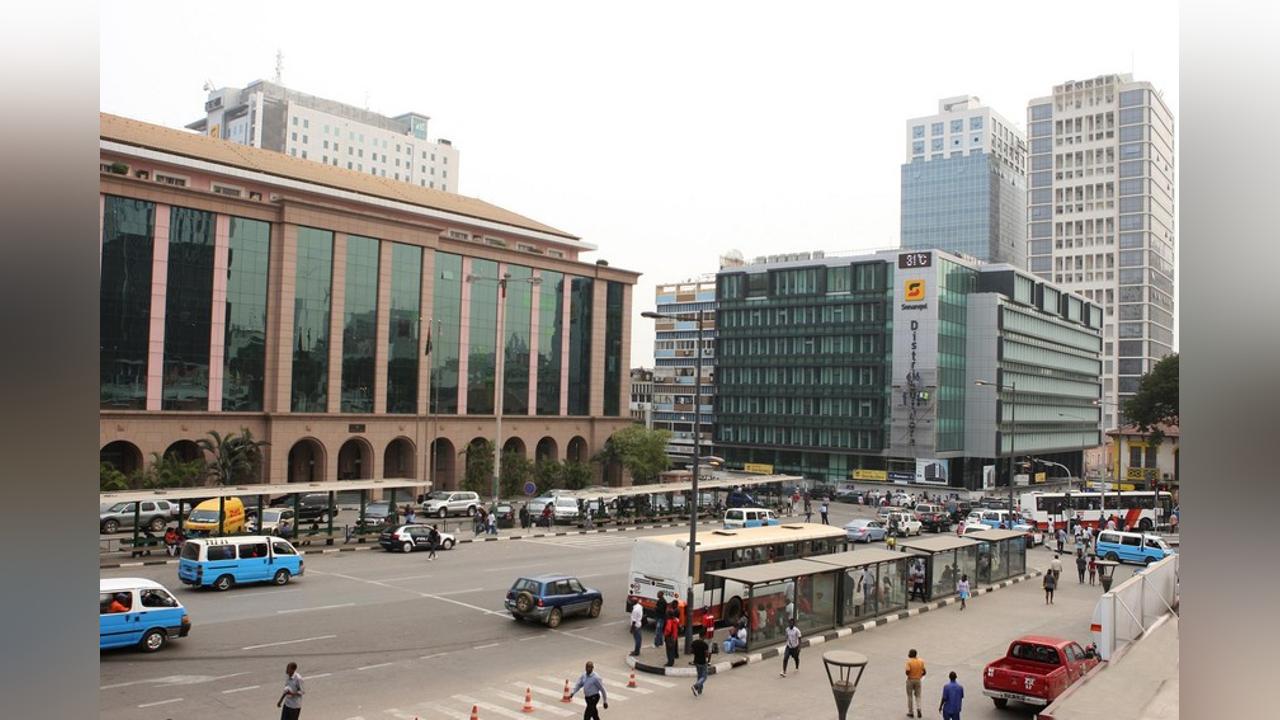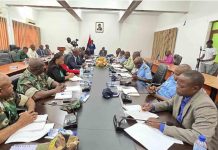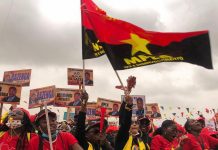Africa-Press – Angola. Members of the Executive and the International Monetary Fund (IMF) met this Wednesday, in the first post-financing assessment of Angola, to survey possible risks associated with the Angolan economy, in view of the international context.
The IMF Mission, in this meeting that took place behind closed doors, sought in a preliminary way to discuss and understand from the Angolan authorities the concerns, priorities, the importance of the National Development Plan (PDN), the diversification of the economy and how to protect it from possible external shocks, such as a drop in the price of a barrel of oil on the international market.
Oil is one of Angola’s most strategic resources, representing yesterday more than 90% of the country’s total exports, approximately 20% of the national GDP and 40% of the State’s tax revenues.
At this meeting, the IMF Mission was headed by the senior staff of the IMF, Amadou Sy, and on the Angolan side, the Minister of Finance, Vera Daves.
Amadou Sy, at the end of the meeting, reaffirmed to the press that the Mission is focused on macroeconomic risks in Angola and on ways of better managing possible impacts on the economy.
“The Mission has been in Angola for six months to carry out an assessment within the framework of the IMF Article IV Shelter, a mission in which all member countries participate. But this time, we are in Angola for a different assessment that is more focused on the risks of the Angolan economy”, said the IMF official.
At the end of the Mission, which ends on the 12th of May, a report will be produced that will be available to all, similar to others already produced by the IMF.
Separate technical meetings with various ministerial departments are scheduled within the framework of this Mission.
The International Monetary Fund disbursed US$4.5 billion to Angola under the Extended Financing Programme.
Within the framework of this financial availability, the IMF is now carrying out a continuous assessment of the Angolan economy, as occurs in other member countries, as well as the associated risks that could have a relevant impact, according to the resident representative of this Bretton Woods organization in Angola, Mark Souto .
According to the official, the IMF assessment regarding the success of the reforms in Angola is a positive assessment.
“We realize that there is an impact on people’s lives which, although it can be felt in its fullness on a day-to-day basis, but these benefits will come”, believes Marcos Souto, underlining that Angola has achieved macroeconomic stability.
For More News And Analysis About Angola Follow Africa-Press






